MRI Localizer (Survey ) Scans
In MRI (Magnetic Resonance Imaging), a localizer, also known as a scout or survey scan, is an initial scan used to determine the position and orientation of subsequent imaging slices or volumes. It provides a reference for the radiologist or technician to precisely target the area of interest and plan the imaging sequence accordingly.
The duration of an MRI localizer scan typically varies depending on the specific protocol used by the imaging facility and the complexity of the imaging region. However, it usually takes only a few seconds, typically ranging from 5 to 30 seconds.
In MRI imaging, localizers can be produced in various types, including:
- T1 Localizers: T1-weighted localizers provide anatomical details with excellent contrast between different tissues. They are commonly used for general anatomical localization and for visualizing structures like the brain, muscles, and organs.
- T2 Localizers: T2-weighted localizers are particularly useful for visualizing fluid-filled structures and soft tissues. They offer good contrast for localizing areas such as the spine, abdomen, pelvis, and chest structures.
- T1 3D Localizers for Auto-Planning: These are three-dimensional T1-weighted localizers used for automated planning of subsequent scans, particularly in advanced imaging techniques such as functional MRI (fMRI) or diffusion tensor imaging (DTI). These localizers provide detailed spatial information for precise positioning of the imaging slices and are crucial for accurate data acquisition.
T1 localiser used in brain imaging
Axial
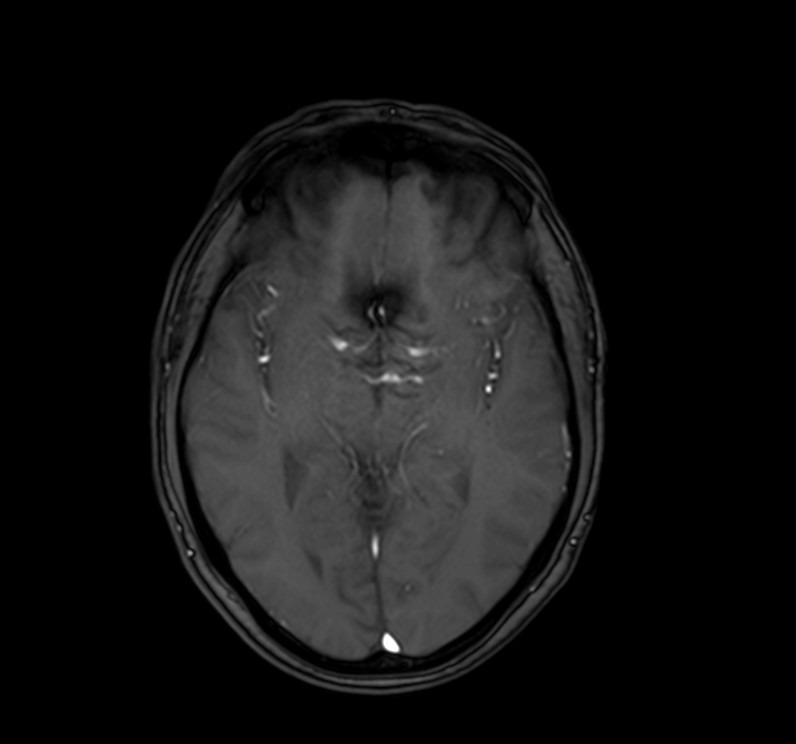
Coronal
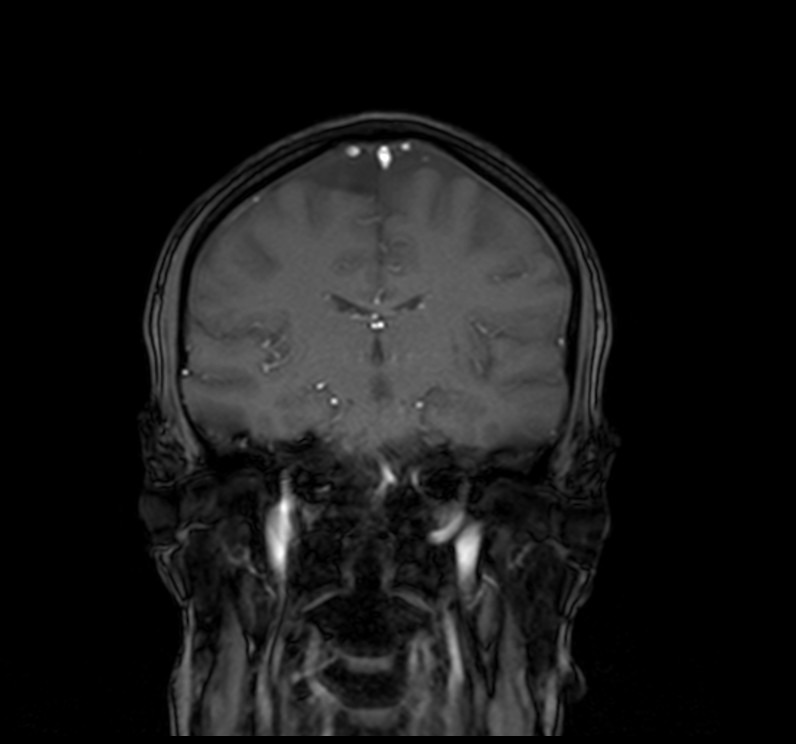
Sagittal
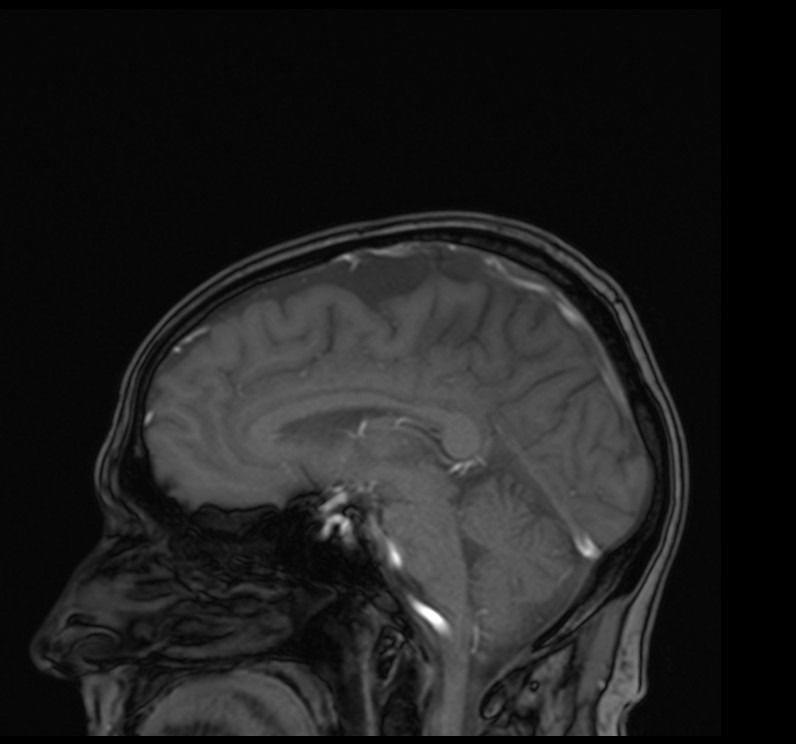
T1 localiser used in hand imaging
Axial
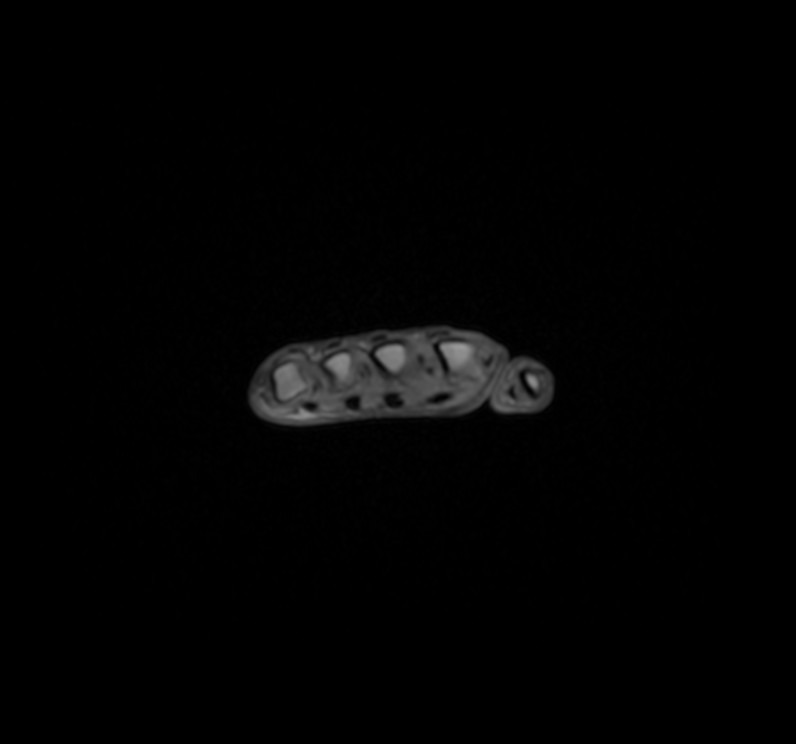
Coronal

Sagittal
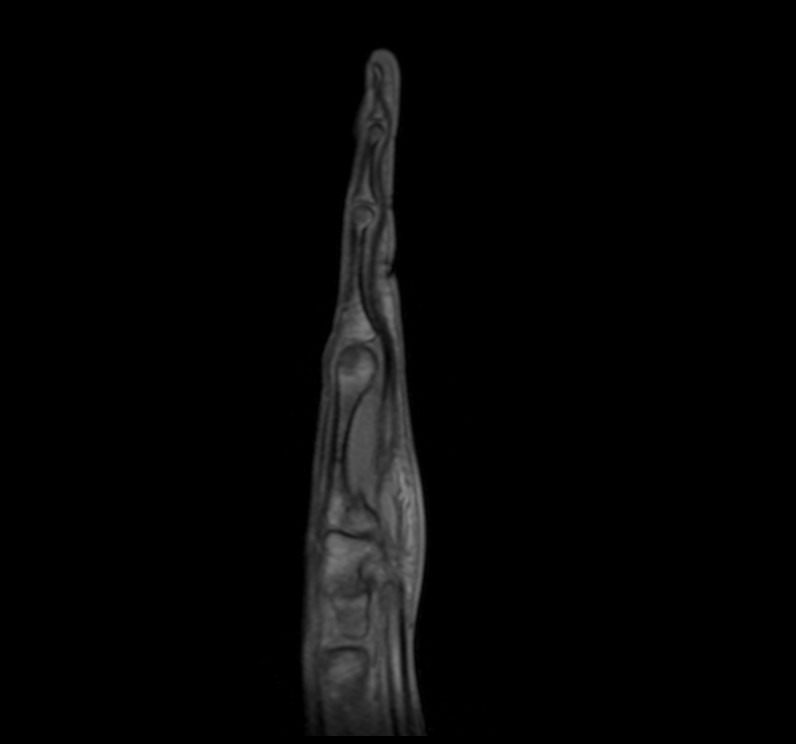
T1 localiser used in ankle imaging
Axial
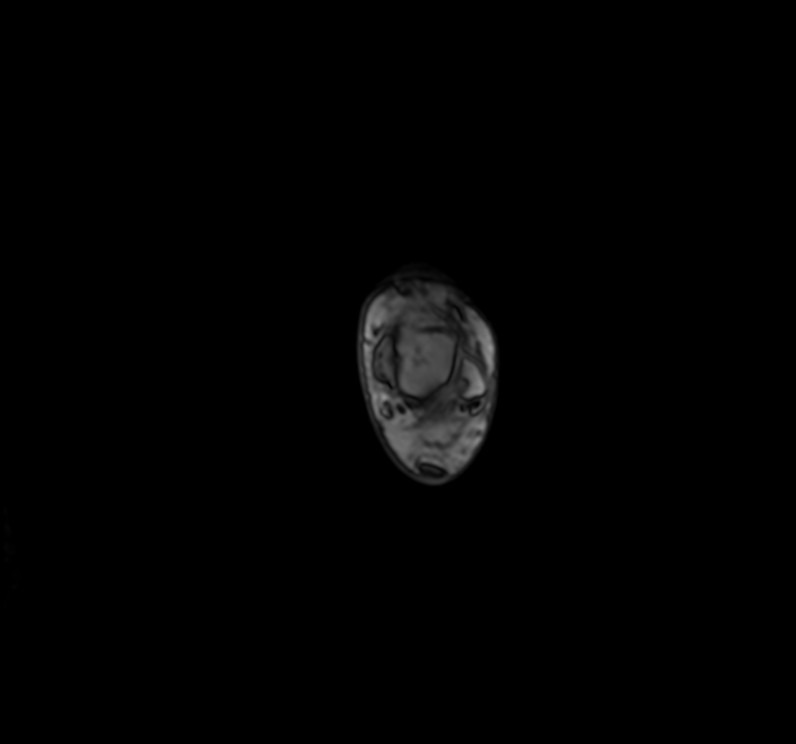
Coronal

Sagittal
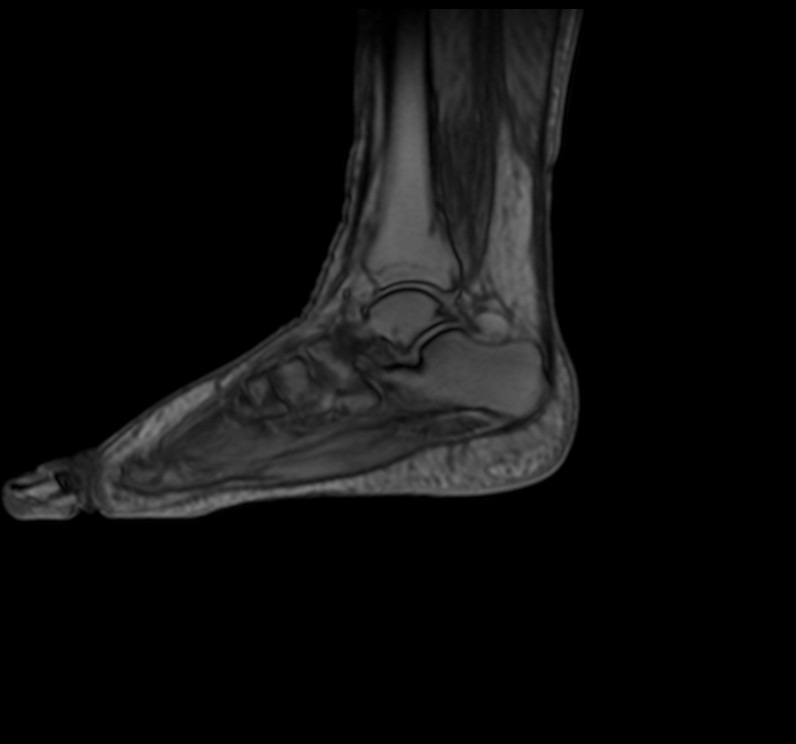
T2 localiser used in L spine imaging
Axial
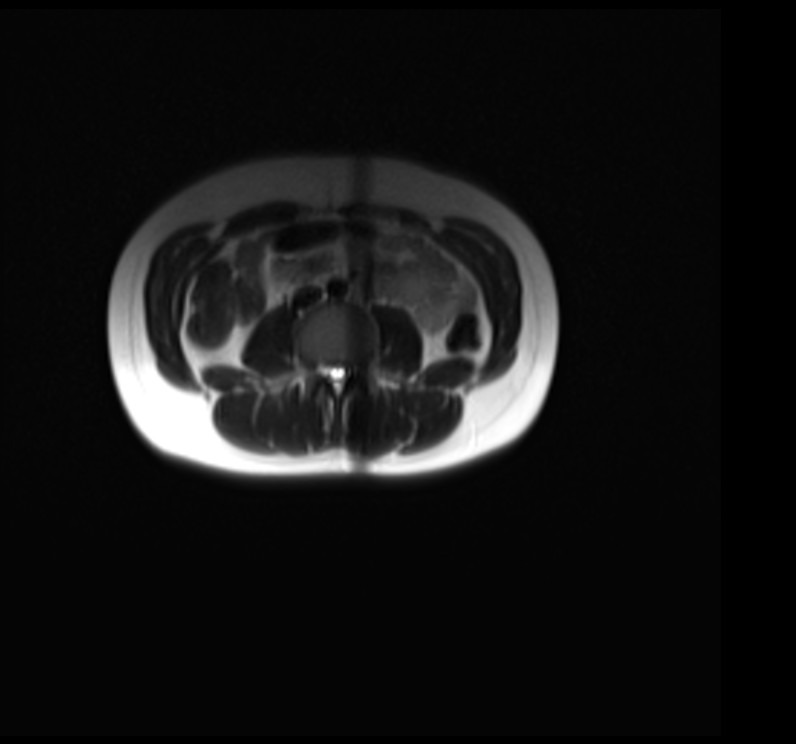
Coronal

Sagittal

T2 localiser used in C spine imaging
Axial
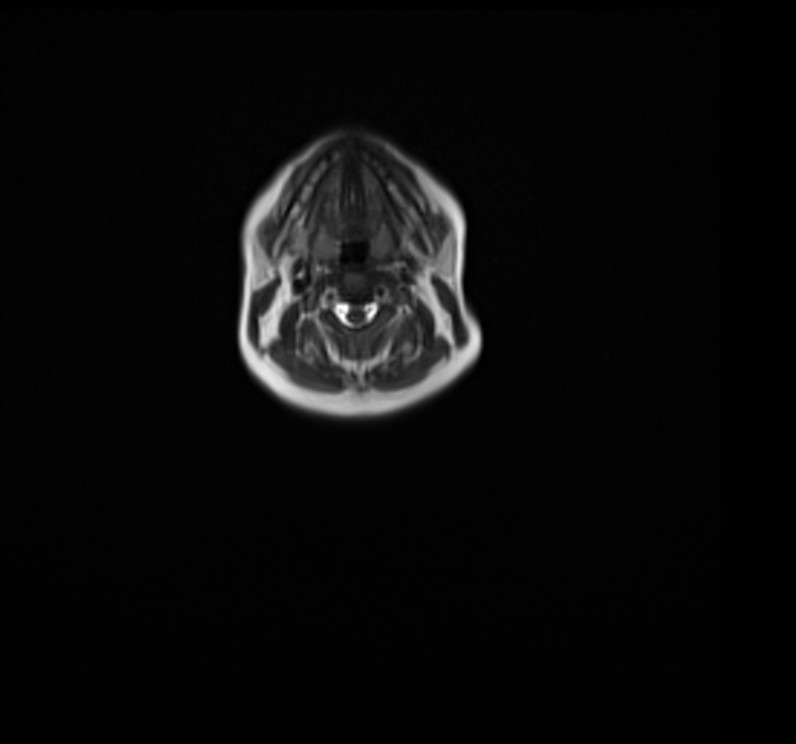
Coronal
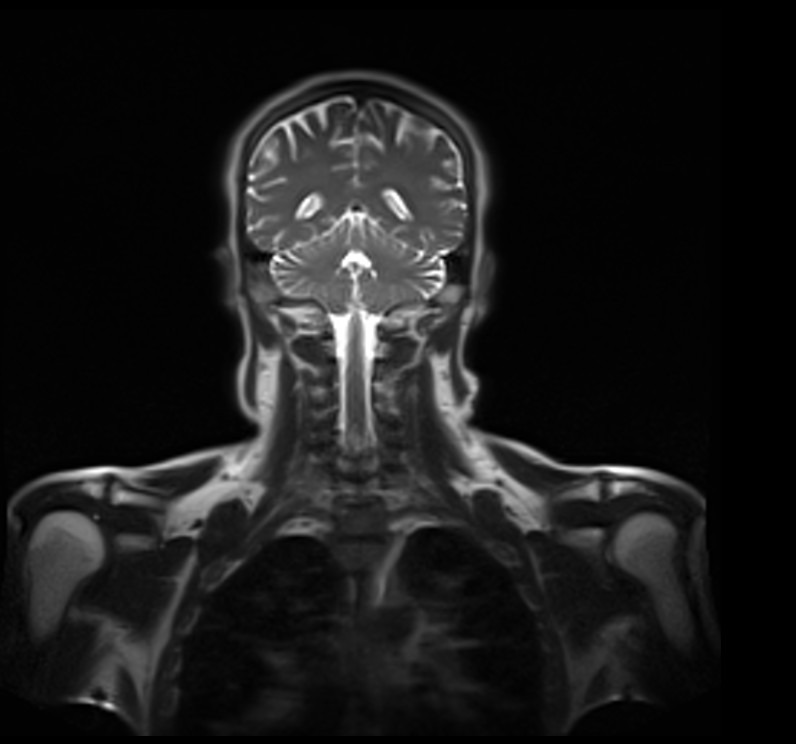
Sagittal

T2 localiser used in pelvis imaging
Axial

Coronal

Sagittal

T2 localiser used in heart imaging
Axial

Coronal

Sagittal

3D localiser used in MRA imaging
Axial
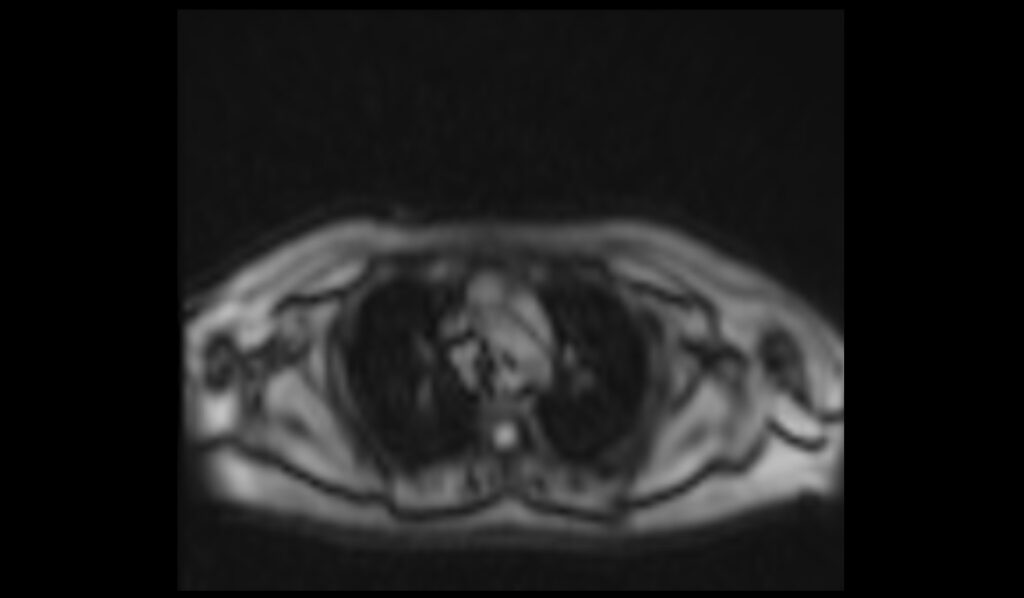
Axial
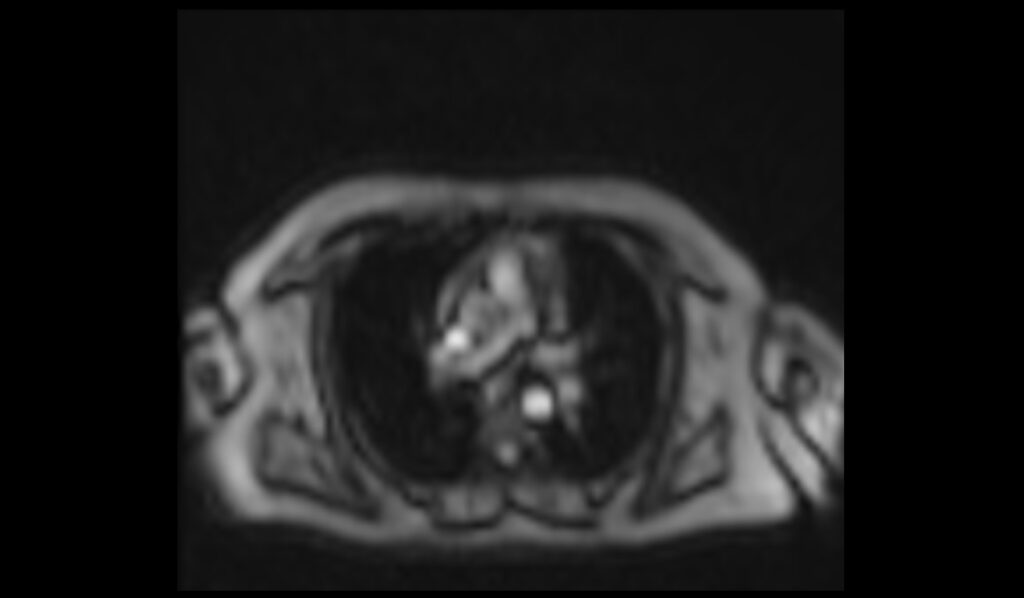
Axial
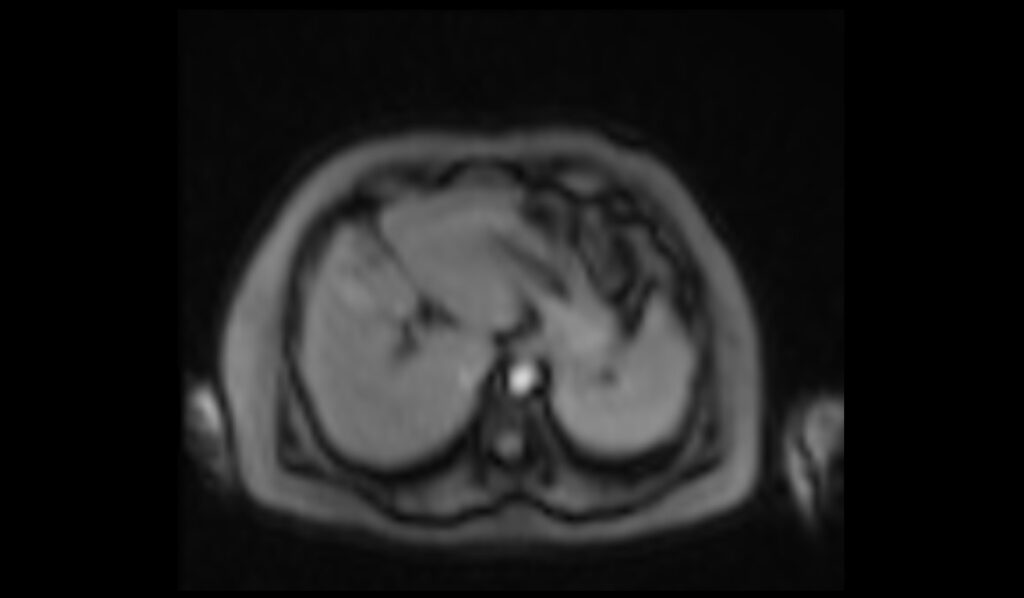
Axial
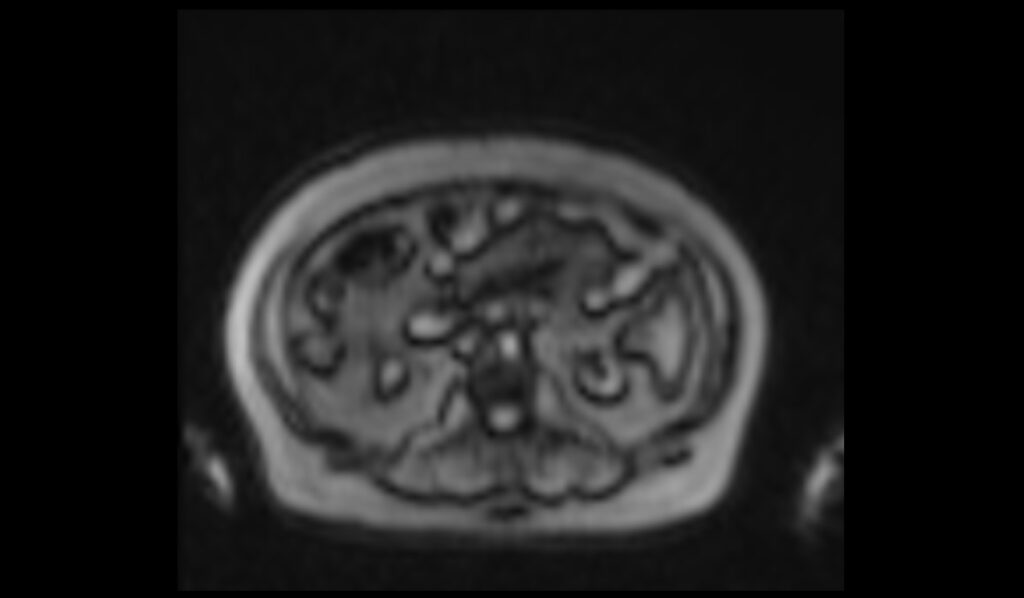
Axial
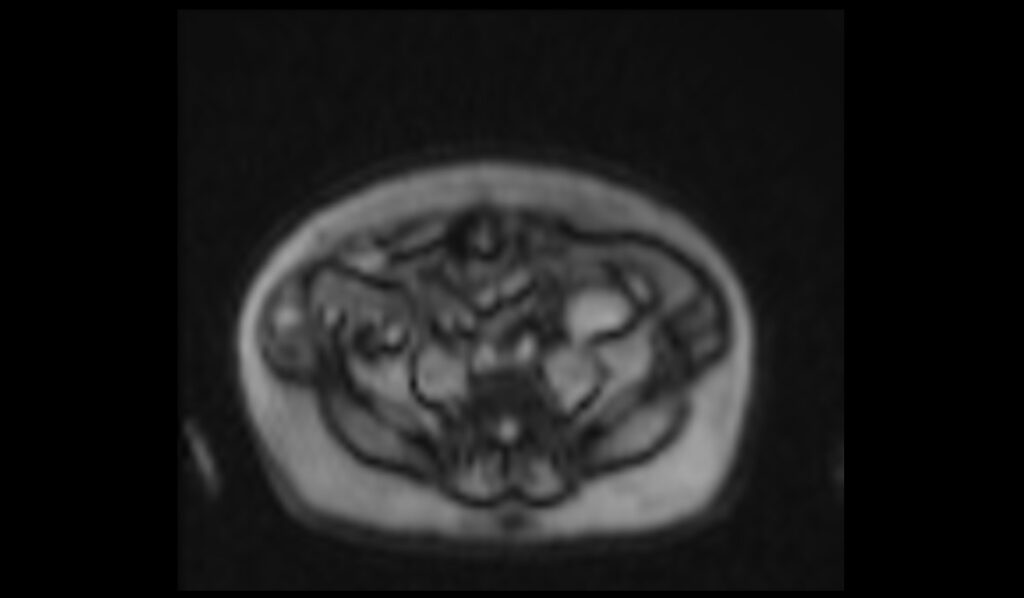
Axial
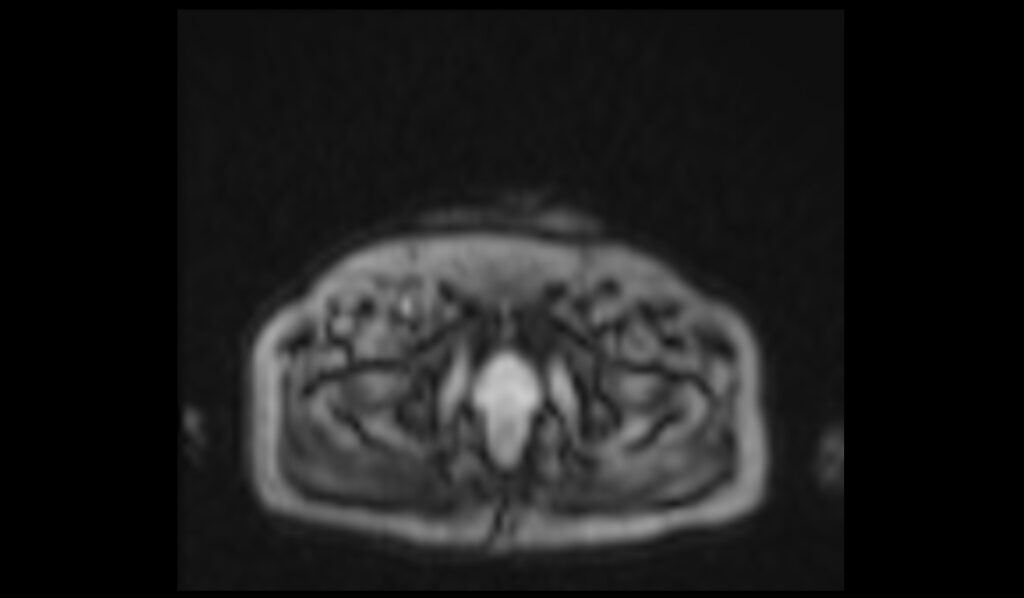
Axial
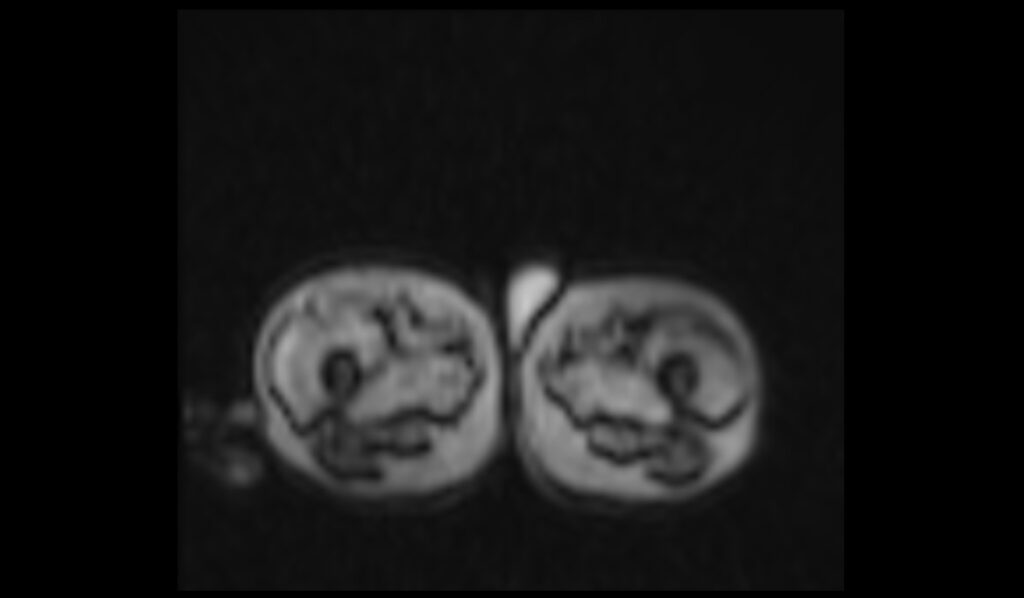
Axial

Axial
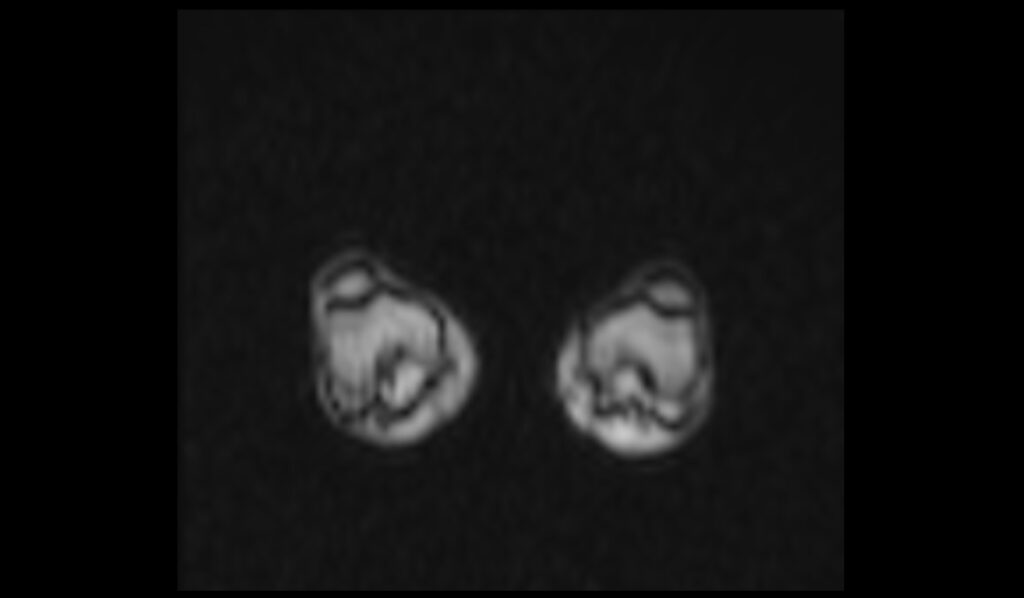
Axial
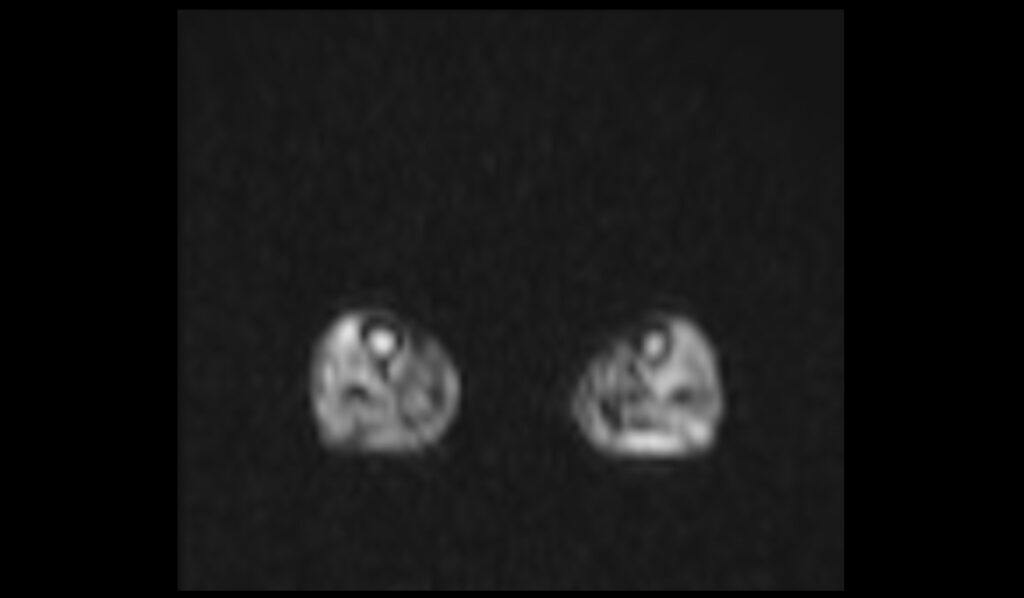
Axial
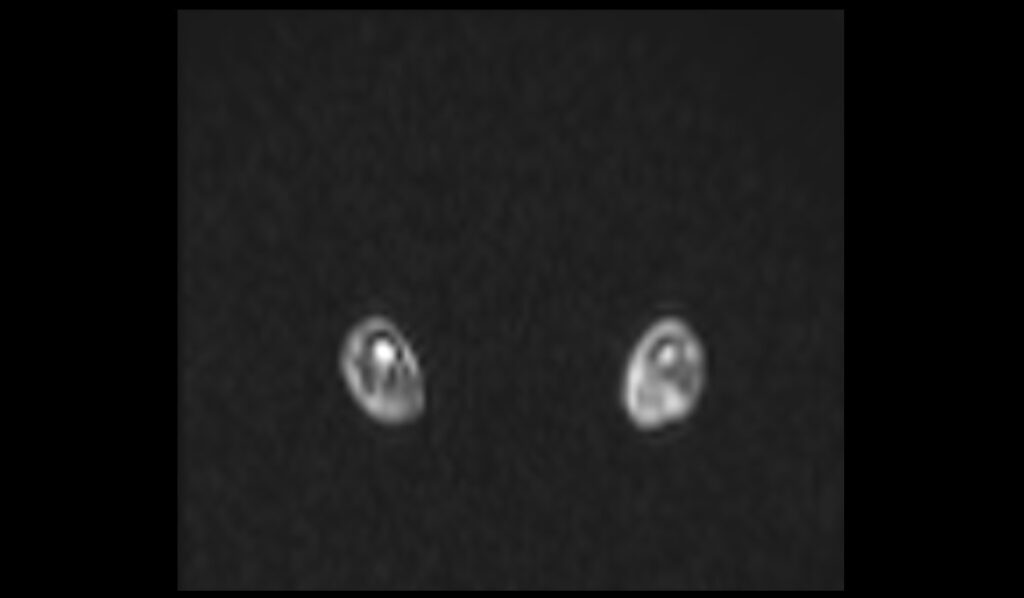
Axial
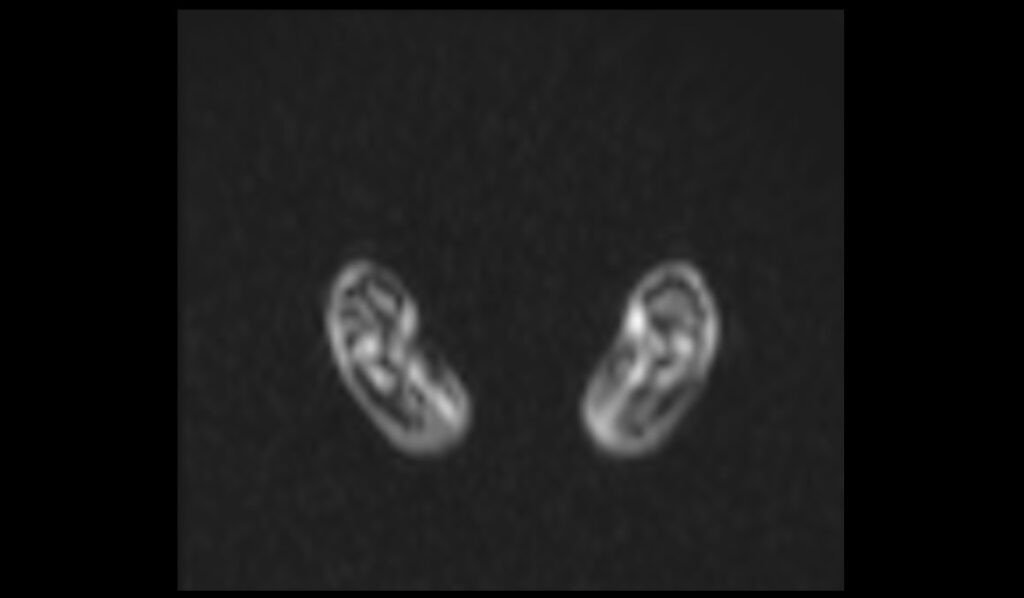
Coronal
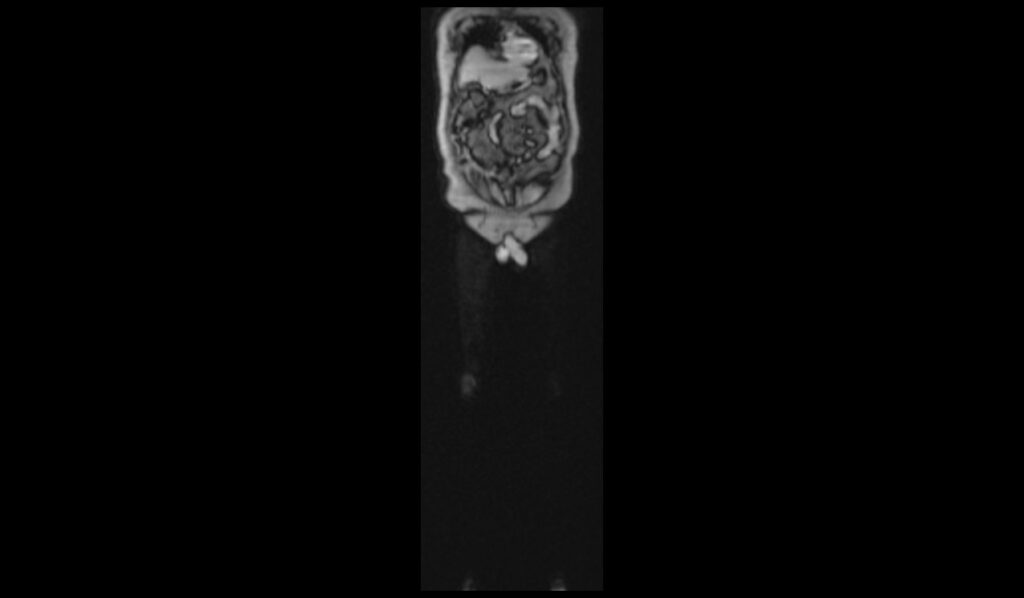
Coronal

Coronal
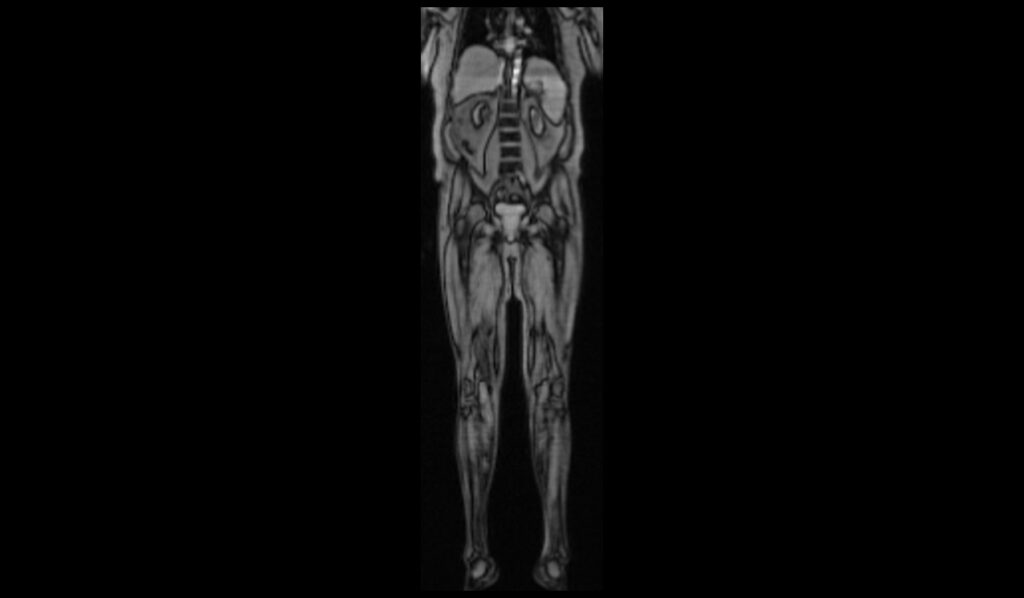
Coronal
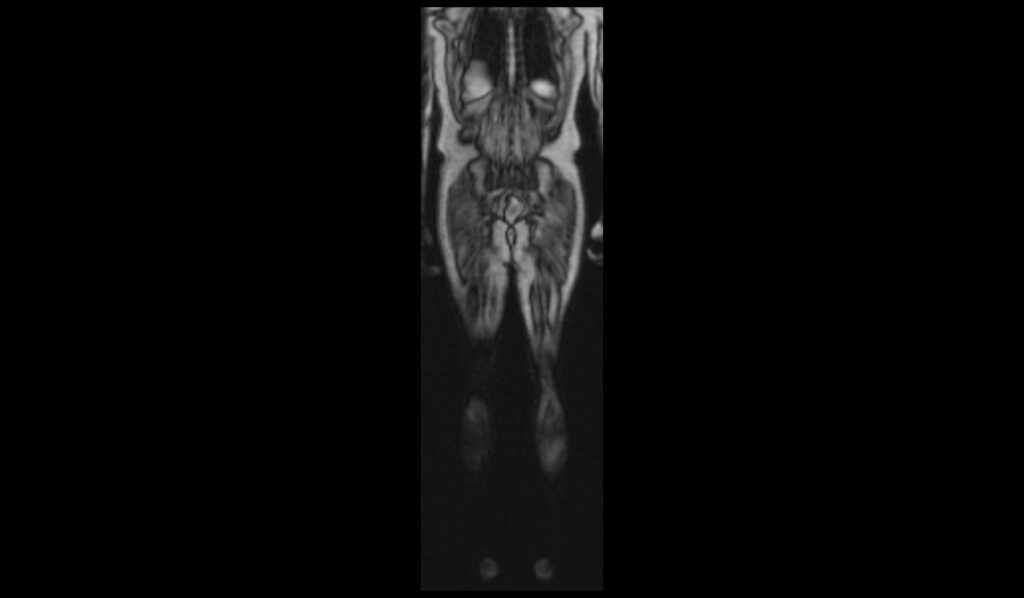
Coronal

Sagittal
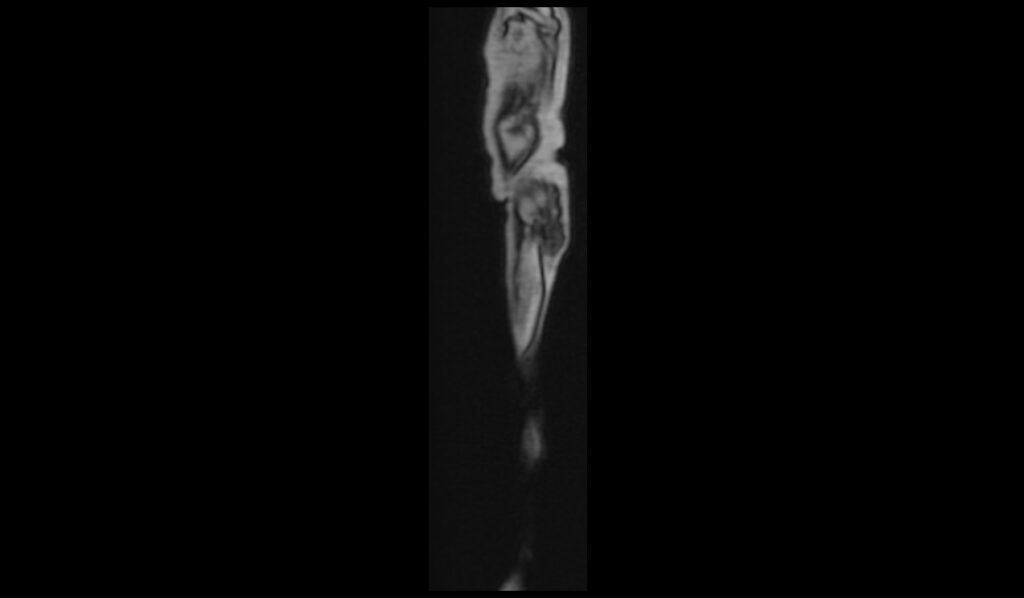
Sagittal

Sagittal

Sagittal

